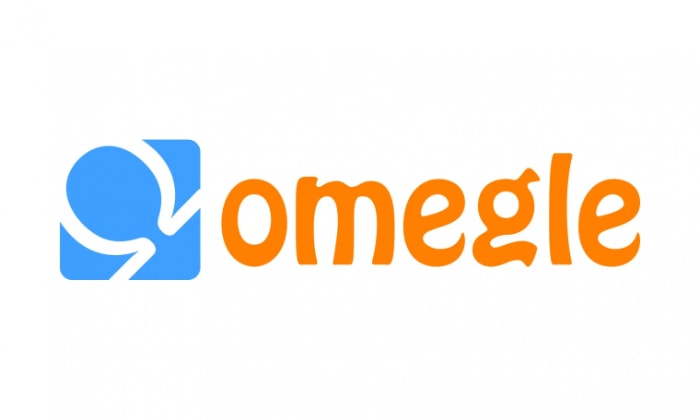Omegle: The Rise and Fall of a Digital Social Experiment

In an age where the Internet has revolutionized communication, Omegle emerged as a unique platform, offering users the ability to connect with strangers across the globe. Founded by Leif K-Brooks in his teenage years, Omegle began as a symbol of innovation, freedom, and human connection in the digital age.
Yet, over the years, it faced numerous challenges, culminating in its closure. This article explores the journey of Omegle, from its inception to its closure, highlighting its impact, challenges, and the broader implications for online communication.
Background: The Birth of Omegle
Born in a small Vermont town, Leif K-Brooks experienced the Internet as a gateway to a broader world, a place of limitless knowledge and connections. His early interactions online, from editing Wikipedia to contributing to open-source projects, were formative.
Omegle, launched when K-Brooks was 18, embodied this vision of the Internet – a space for spontaneous, anonymous interaction, free from the constraints of physical world vulnerabilities. This platform was not just a chat site; it was a concept of global connection and community.
Rapid Growth and Popularity
Immediately after its launch, Omegle experienced a surge in popularity, reflecting a universal human desire to connect and interact. With millions of daily users, the platform enabled diverse interactions, from cultural exchanges to life advice, even leading to marriages.
Omegle's simplicity and anonymity were key to its success, offering a new form of social spontaneity that was not present elsewhere.
Safety, Anonymity, and Challenges
Anonymity, while a cornerstone of Omegle, also brought challenges. As with any communication tool, it could be used for harmful purposes.
Recognizing this, Omegle implemented robust moderation, employing AI and human moderators to combat misuse. Collaboration with law enforcement and organizations like the National Center for Missing and Exploited Children was pivotal in addressing serious crimes.
Despite these efforts, the battle against misuse was ongoing and complex, highlighting the broader issue of online safety in digital communication platforms.
The Onslaught of Criticism and the Decision to Close
In recent years, Omegle faced increasing scrutiny and criticism. Attacks on the platform were often based on the actions of a minority of malicious users.
This criticism, often lacking constructive feedback, placed an unsustainable burden on K-Brooks and the platform. The decision to close Omegle was not just a business decision; it was a response to an increasingly hostile online environment and the personal toll it took on its founder.
The Future of Online Communication and Conclusion
The closure of Omegle marks a significant moment in the history of online communication. It raises questions about the future of Internet platforms and the balance between freedom of interaction and safety.
Omegle's story is a cautionary tale about the challenges faced by digital platforms in moderating content and protecting users. It also serves as a reminder of the Internet's potential to connect us in meaningful ways, a potential that must be preserved in the face of evolving challenges.
As we reflect on Omegle's legacy, it is crucial to consider the broader implications for online communication. In a world where digital platforms play an increasingly significant role in our social interactions, the lessons learned from Omegle's journey are more relevant than ever.
The Internet, as K-Brooks envisioned, should be a place of connection, growth, and exploration, not limited by fear or censorship. The closure of Omegle is not just the end of a platform but a call to action for preserving the Internet's original spirit in the face of new challenges.
While Omegle's journey has come to an end, its impact on online communication and its challenges will continue to influence the digital landscape. It is up to us, the users and creators of online spaces, to carry forward the ideals of connection, safety, and freedom that Omegle represented, ensuring that the digital world remains a place of meaningful human interaction and growth.


